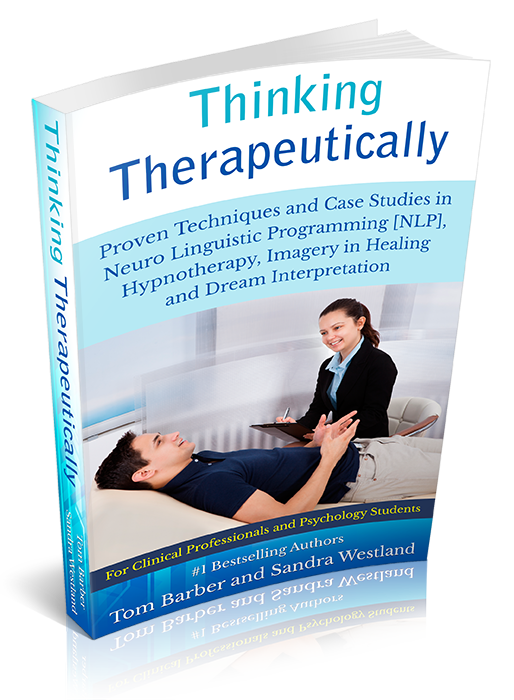What is PTSD? A Closer Look at Its Impact
When looking for help with PTSD, it’s important to know that PTSD is a psychological response to trauma, often manifesting as intrusive memories, emotional numbness, avoidance behaviours, and intense hyperarousal.
While some people may recover naturally, others find that their symptoms persist, severely impacting their daily lives. Left untreated, PTSD can spiral, making even the simplest daily tasks feel overwhelming.
Symptoms vary widely, but they often include:
- Flashbacks and nightmares – Feeling as though the trauma is happening all over again.
- Avoidance and emotional detachment – Steering clear of people, places, or situations that trigger distressing memories.
- Hypervigilance and irritability – Being constantly on edge, easily startled, or struggling with anger.
- Sleep disturbances and difficulty concentrating – Insomnia, restlessness, and an inability to focus on tasks.
- Unexplained physical symptoms – Chronic pain, headaches, or digestive issues related to prolonged stress and trauma.
Without professional intervention, PTSD can lead to depression, anxiety, substance abuse, and even suicidal thoughts.
The good news? Help with PTSD is highly effective, and tailored therapeutic approaches can provide genuine relief. Therapy can provide clarity, structure, and a safe space to process and heal.
How Therapy Can Offer Help with PTSD: Finding Freedom from PTSD
Seeking professional help is not a sign of weakness—it is an act of courage and self-preservation. Therapy provides a structured and compassionate space to process trauma, reshape thought patterns, and regain a sense of control.
The benefits of professional support extend beyond symptom management, offering genuine emotional healing and empowerment.
At Colchester Counselling and Psychotherapy Practice, we offer evidence-based treatments tailored to each individual. Some of the most effective approaches include:
- Eye Movement Desensitisation and Reprocessing (EMDR) – A groundbreaking therapy that helps the brain reprocess traumatic memories, reducing their emotional charge and intensity over time.
- Cognitive Behavioural Therapy (CBT) – A structured approach that challenges negative thought patterns and builds healthier coping mechanisms through practical strategies.
- Trauma-Focused Therapy – An integrative approach that allows clients to explore their trauma in a safe and supportive environment, promoting deeper emotional healing.
- Mindfulness-Based Stress Reduction (MBSR) – Practical techniques to help ground the mind, reduce stress, and foster resilience, leading to a more balanced emotional state.
Therapy is not about “getting over it.” Instead, it’s about learning to live alongside past experiences without them defining your present.
Help with PTSD can restore hope, offering not just symptom relief but a genuine transformation in how you experience life and interact with the world around you.
Beyond Therapy: Self-Care Strategies for Managing Help with PTSD
While professional therapy is the most effective route to recovery, self-care plays a crucial role in managing PTSD symptoms. Small, consistent changes can create a significant impact over time. Developing healthy habits and routines fosters emotional stability and resilience.
- Prioritise Sleep: Establish a relaxing bedtime routine and avoid stimulants like caffeine before bed. Quality sleep is essential for emotional processing and maintaining mental clarity.
- Engage in Regular Exercise: Physical activity, particularly cardiovascular exercises like walking, swimming, or running, can help regulate stress hormones and improve mood by boosting endorphin levels.
- Practice Mindfulness and Relaxation: Techniques such as deep breathing, progressive muscle relaxation, and meditation can help ground the mind, promote emotional balance, and reduce hyperarousal.
- Connect with Support Networks: Whether it’s trusted friends, family, or support groups, sharing experiences can be incredibly healing and foster a sense of belonging.
- Limit Triggers Where Possible: Identify personal triggers and create strategies to cope with them effectively, reducing the likelihood of unexpected emotional distress.
- Journaling and Reflection: Writing down thoughts and emotions can provide clarity and serve as a therapeutic tool for processing difficult experiences.
Seeking Help: A Vital Step Towards Healing
If you or a loved one is struggling with PTSD, help is within reach. At Colchester Counselling and Psychotherapy Practice, we specialise in providing compassionate, professional support tailored to your unique experience.
No one should suffer in silence. Recovery is possible, and with the right guidance, life can feel lighter, freer, and more fulfilling once again.
We invite you to take the first step. Contact us today to explore how help with PTSD can transform your life. Whether you are seeking immediate relief or long-term healing, we are here to support you every step of the way.
Dr Tom Barber is an experienced integrative and existential psychotherapist and counsellor, who has been helping people overcome personal challenges for nearly 30 years. He is a bestselling author of 6 books, and spends his time between private clients, teaching and lecturing internationally, writing, and developing programmes to help people improve the quality of their life. Tom is a co-founder of Self Help School, a rich hub of resources and education for people looking for self-improvement. His academic speciality is in the subject of trauma and emotion.


